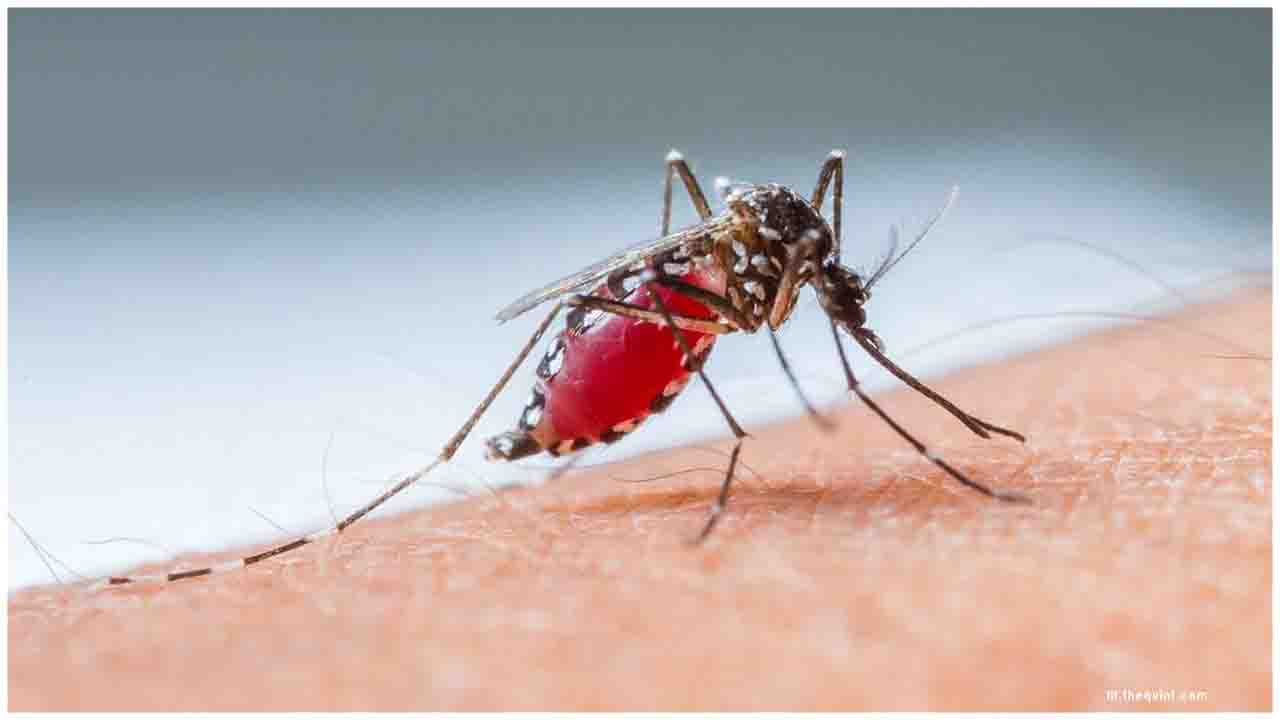Given the sheer number of pathogens that mosquitos harbor and ultimately pass along to humans, it’s not a stretch to imagine that the insects could transmit the SARS-CoV-2 virus. Though the World Health Organization has stated previously that “to date, there has been no information nor evidence to suggest that the new coronavirus could be transmitted by mosquitoes,” direct experimental data has been lacking. However, now, investigators at Kansas State University (KSU) have released new data that help solidify the hypothesis that mosquitoes do not transmit SARS-CoV-2.
Findings from the new study—published recently in Scientific Reports through an article titled, “SARS-CoV-2 failure to infect or replicate in mosquitoes: an extreme challenge“—provide the first experimental investigation on the capacity of SARS-CoV-2, the virus that causes COVID-19 disease, to infect and be transmitted by mosquitoes.
“While the World Health Organization has definitively stated that mosquitoes cannot transmit the virus, our study is the first to provide conclusive data supporting the theory,” said senior study investigator Stephen Higgs, PhD, associate vice president for research and director of the KSU’s Biosecurity Research Institute (BRI).
The study, which was done at the BRI, a biosecurity level-3 facility, ultimately found that the virus is unable to replicate in three common and widely distributed species of mosquitoes—Aedes aegypti, Aedes albopictus, and Culex quinquefasciatus—and therefore cannot be transmitted to humans.
We provide the first experimental data to investigate the capacity of SARS-CoV-2 to infect and be transmitted by mosquitoes,” the authors wrote. “Three widely distributed species of mosquito; Aedes aegypti, Ae. albopictus, and Culex quinquefasciatus, representing the two most significant genera of arbovirus vectors that infect people, were tested. We demonstrate that even under extreme conditions, the SARS-CoV-2 virus is unable to replicate in these mosquitoes and, therefore, cannot be transmitted to people even in the unlikely event that a mosquito fed upon a viremic host.”
Researchers at the BRI have completed four additional studies on COVID-19 since March, and this is the first peer-reviewed publication based on SARS-CoV-2 experiments wholly conducted at KSU.
In the current study, the authors noted that “to be a biological vector of viruses, mosquitoes must take up sufficient virus to infect midgut epithelial cells, and the virus must then disseminate to infect other organs in the hemocoel, notably the salivary glands. Overcoming the midgut infection and escape barriers are essential for a virus to be transmissible by mosquitoes. If these barriers are bypassed by direct inoculation of virus into the hemocoel, then even non-susceptible mosquitoes can be infected.”
The researchers utilized intrathoracic inoculation of the virus to accomplish short-term infection of mosquitoes that could have never been naturally infected since they do not take a blood meal. “The use of intrathoracic inoculation also addressed published reports that the natural physical breaching of the midgut wall by filarial, may enable a disseminated coinfection of viruses in resistant mosquitoes,” the authors noted.
Still, even with the great measures of over inoculating the insects with the SARS-CoV-2 virus, the mosquitoes were unable to harbor the pathogen.
“Based upon the lack of detectable infectious virus in any of the 277 samples collected at all time points beyond 24 h post-inoculation, we conclude that SARS-CoV-2 is unable to replicate in mosquitoes and that even if a mosquito fed on a person with the virus in the blood, that the mosquito would not be a vector if feeding on a naïve host,” the authors concluded.
Story Courtesy:https://www.genengnews.com

 Research proves negative to mosquitoes being carrier of Coronavirus, a major relief to WHO
Research proves negative to mosquitoes being carrier of Coronavirus, a major relief to WHO










.jpeg)



.jpeg)

.jpg)





.png)





.jpg)
